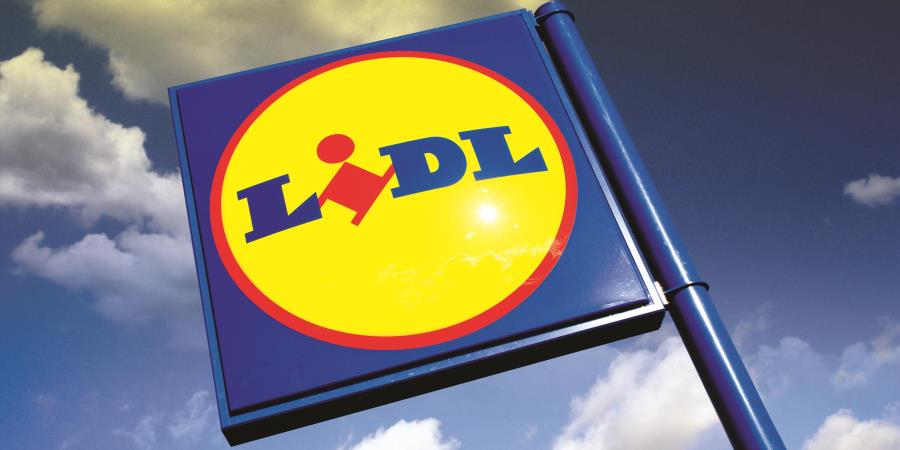Ryan McDonnell, the UK chief executive of discounter Lidl GB has spoken out, following the Budget’s tax increases warning that the supermarket anticipates having to address: “Tens of millions of pounds” in extra costs as a direct result.
Speaking to the PA news agency McDonnell said: ““There is a lot of impact that we will have to negotiate and I think the industry is reeling a lot.
“We are talking about £7 billion for the whole industry. For us it will be somewhere in the tens of millions.”
Lidl joins the other food retailing giants, Tesco, M&S and Asda which have also warned that Rachel Reeves’ s action will mean jobs will be cut and prices will have to rise as a result of the impact of her measures.
He said that the jump in costs will result in “greater inflationary pressures” but stressed that Lidl will “maintain market-leading pricing”.
His statement came as Lidl revealed a surge in sales for the past year as the German discounter saw a raft of shoppers switch from rivals amid pressure on household budgets.
New accounts showed that Lidl GB revenues increased by 16.9% to £10.9 billion for the year to February.
Economic perspective
Reacting to McDonnell’s remarks Mark Tan, International Corporate Tax Partner at law firm Spencer West LLP said: “These tax hikes reflect the challenging balance between fiscal responsibility and economic growth. While the need for increased tax revenue is undeniable, we must focus on how the government allocates this revenue to drive sustainable growth. Businesses will, as expected, pass costs on to consumers or employees, but the conversation cannot stop at rising prices or stagnant wages.
“We need to look forward: What is the government’s plan to foster growth through enhanced inbound and outbound trade relationships? Easing trade restrictions to facilitate smoother trade with the EU and strengthening bilateral international trade treaties must be pivotal.
“I caution that raising taxes without a clear growth strategy may prompt taxpayers to seek ways to minimise or avoid their obligations. To prevent this, the government must use the increased revenue wisely, investing in areas that genuinely stimulate the economy: such as initiatives that spur innovation, improve infrastructure, and ultimately create opportunities for both businesses and individuals.”









